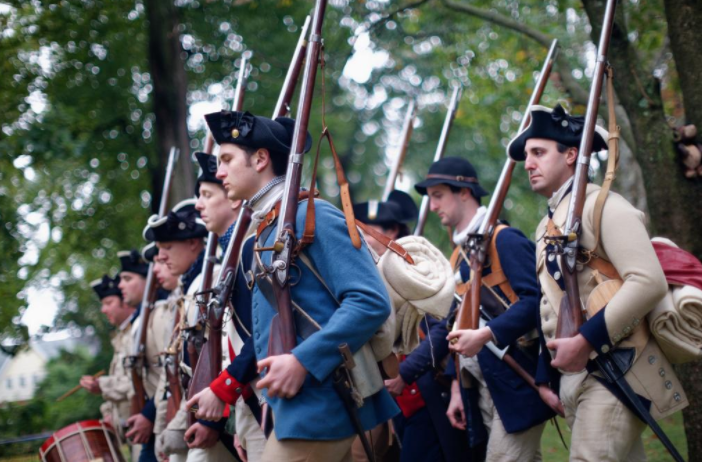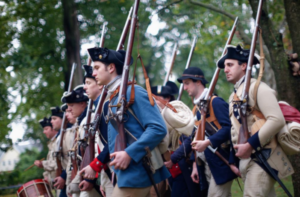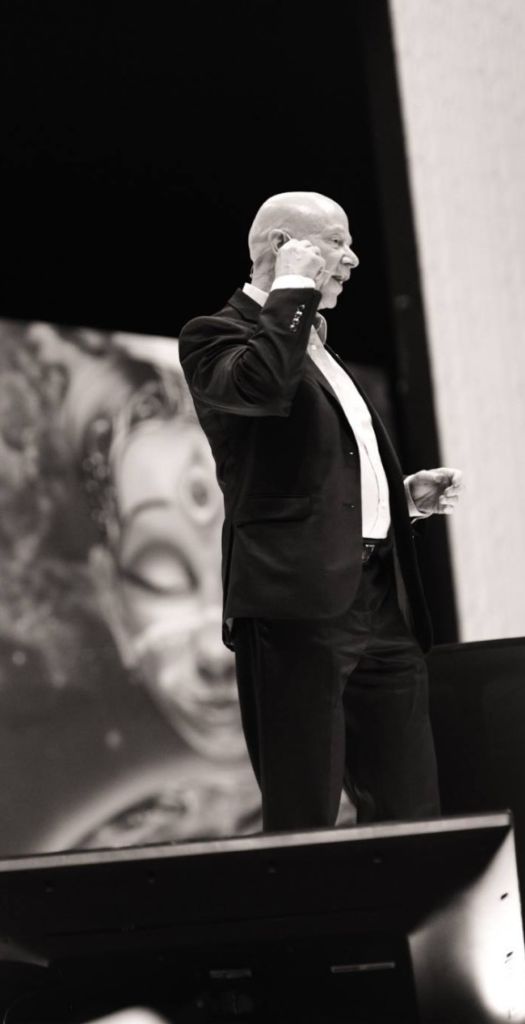Sometimes, entrepreneurs have to be unconventional.
We have a clear example of being unconventional with what the American rebels did against the powerful British Empire to secure American independence. Imagine you’re in this situation:
- You’re up against the greatest military power in the world. The Americans were farmers, hunters, backwoodsmen, and “just plain folk.” Any betting person would have said the Colonists didn’t stand a chance at the beginning of the conflict.
- You feel all alone. The Americans had no other nation backing them at the outset. In addition to that, the Colonists were not united. Many historians tell us that it was only one third of the people in the colonies that wanted independence. One third of the people were loyal to the British (“Tories”). The final third really didn’t care.
- Your resources are severely limited. Food, water, and medical supplies were limited or nonexistent. Army desertions were high. The picture was bleak.
Things did not look good for these scrappy Colonists. So what was it that changed? More importantly, what lessons can we learn today from what the American revolutionaries practiced back in the 18th Century?
Unconventional strategies
The Americans embraced procedures and techniques that the British Empire did not. For example, the Americans did not march in straight lines in European-style warfare. The Colonists would hide behind trees and take pot shots at the British when they could. The Colonists were scrappy and invented solutions as they went along. To say they were unconventional is an understatement.
The Americans also had the benefit of surprise. They used this strategy in the battle of Trenton. The Colonists confronted the British when the British did not expect an attack. George Washington used this to gain much-needed public support.
The Americans also used ingenuity. They developed a technology called “the American rifle” which was more accurate and shot a longer distance than the British rifles. This gave the Americans the ability to shoot officers, an unconventional practice then, from a distance.
Click Here to continue reading
















